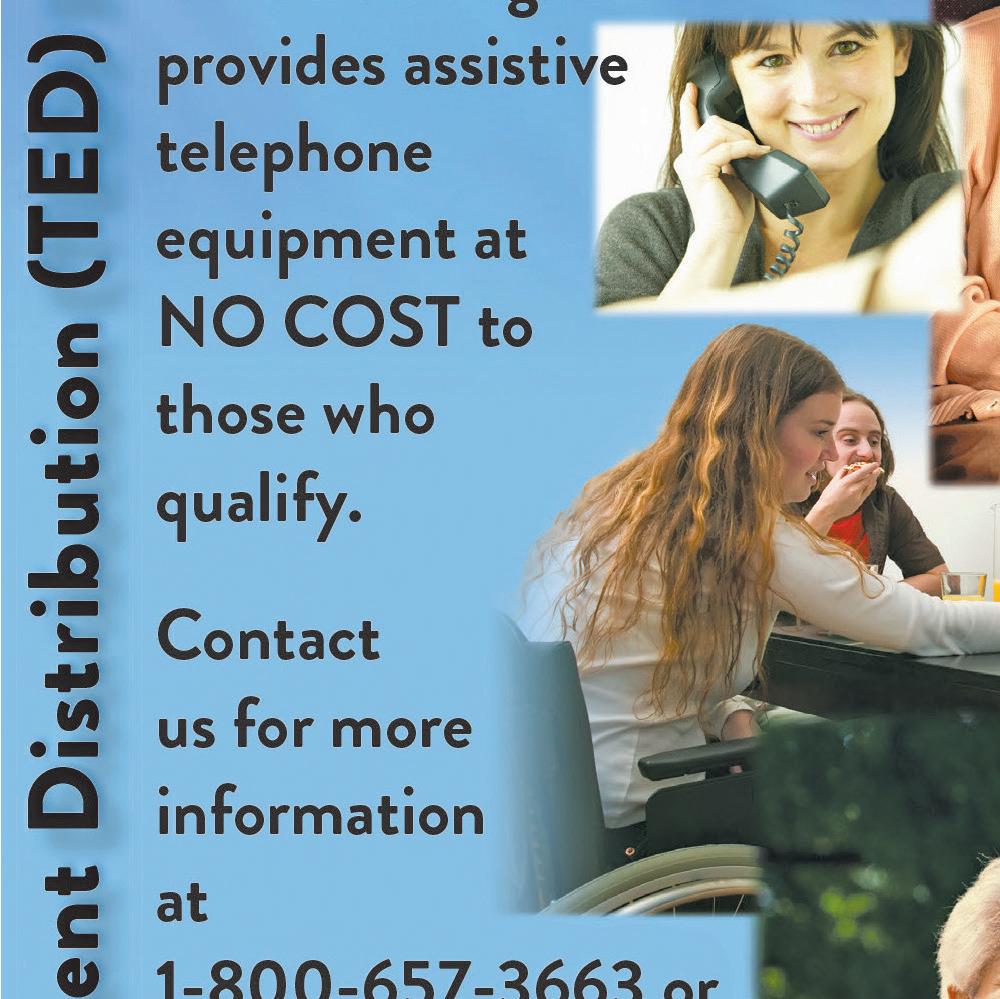
2 minute read
❖ Baby Boomers Travel o the beaten paths Living at home as long as possible
Victor Hugo once wrote that 40 is the old age of youth but that 50 is the youth of old age. Because traveling is such a formative experience for the young, it’s not surprising that baby boomers are in the process of redefining the tourism industry by imposing their own vision.
Most baby boomers feel younger than their chronological age, and they are compelled to live life to the fullest and realize their dreams while they still enjoy good health. They might have grown up with mass tourism, but they are now in search of a more personalized travel experience. They prefer to travel along their own paths, and they want fresh itineraries that will lead them to new discoveries.
While seniors aged 65 or older generally opt for more traditional and contemplative activities, baby boomers seem determined to be much more active. One 2008 survey showed that in North America, 56 percent of adventure tourists were baby boomers! Indeed, when they pack their bags, baby boomers are in search of unique sensations. They want personalized planning, pleasure, excitement, and new experiences.
Traveling might have been considered a luxury by their parents, but baby boomers make travel a central part of their yearly schedule. They are ready to pay the price for it, as long as they get their money’s worth!

They might have grown up in the era of mass tourism, but now baby boomers are searching for more personalized experiences.
Where do most seniors prefer to live? The vast majority of elderly people want to stay in their own homes for as long as possible, hopefully until the end of their lives. If you have an aging parent who wants to avoid moving into a retirement home, you can support the goal of independence by following a few of these tips.
1. Help your parent organize important information. Install a notice board in a central location use it to keep track of all appointments, telephone calls to be made, medications to take, and emergency contact numbers.

2. A bad fall followed by hospitalization can radically change the life of a senior. Go through your parent’s home together and clear away any obstacles from hallways and stairs, replace any burnt bulbs, and install night lights in hallways.

3. Many accidents occur in the bathroom, so install safety equipment such as grab bars near the toilet and bath, non-slip bathmats, and su�cient lighting.
4. The early detection of ill- nesses can often make a di�erence in how independent a senior is in the long term. Be sure that your parent consults his or her doctor, optometrist, and other health professionals on a regular basis. Better still, go along on appointments to make sure that all care instructions are clear and that your parent can follow them.





5. Improperly fitting clothes and shoes are dangerous. Baggy sleeves can catch fire at the stove and floppy slippers can cause a fall. Check your parent’s footwear. Are shoes properly soled with a good gripping material? Throw away worn shoes and slippers and give away any clothes that are too loose-fitting.






